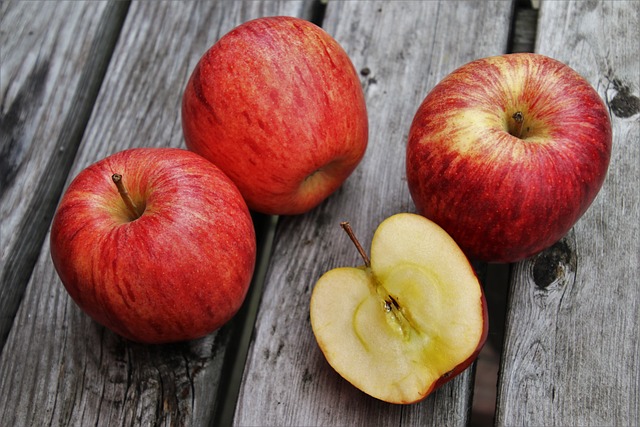Supercharge Your Gut: Harness the Potential of Probiotics
Probiotics have gained significant attention in recent years for their potential health benefits. These living microorganisms, often referred to as “good bacteria,” are known to promote a healthy gut environment and have a positive impact on overall well-being. Incorporating probiotics into your diet can help maintain a balanced digestive system, support immune function, and even contribute to mental health.
What are Probiotics?
Probiotics are live bacteria and yeasts that are beneficial to our health, especially for our digestive system. They are naturally occurring in certain foods and supplements. Our gut is home to trillions of bacteria, both good and bad. Probiotics help increase the number of beneficial bacteria, improving the balance in our gut flora.
The Gut-Brain Connection
Did you know that the gut has an intimate connection with the brain? The gut-brain axis is a bidirectional communication network between the central nervous system and the digestive system. The gut is often referred to as the “second brain” due to its extensive network of neurons.
Probiotics play a crucial role in this connection. They can influence neurotransmitter production and release, such as serotonin, which affects mood and emotions. By promoting a healthy gut, probiotics can indirectly support mental health and help reduce anxiety and stress.
The Benefits of Probiotics
1. Improved Digestive Health: Probiotics help maintain a healthy balance of gut bacteria, which aids in proper digestion and nutrient absorption. They can alleviate symptoms of digestive disorders, such as irritable bowel syndrome (IBS), diarrhea, and constipation.
2. Stronger Immune System: Approximately 70% of our immune system resides in the gut. Probiotics promote a healthy gut barrier, enhancing immune function, and reducing the risk of infections, allergies, and autoimmune diseases.
3. Enhanced Nutrient Synthesis: Certain strains of probiotics can produce vitamins, such as vitamin K and some B vitamins. These essential nutrients play a vital role in various bodily functions, including energy production and blood clotting.
4. Weight Management Support: Some studies suggest that probiotics may assist in weight management. They can influence gut hormone regulation, leading to reduced appetite, increased fat burning, and improved metabolic health.
5. Improved Skin Health: Several skin conditions, including acne, eczema, and rosacea, are associated with imbalances in gut bacteria. Probiotics can help restore gut health, leading to healthier and clearer skin.
How to Incorporate Probiotics into Your Diet
The most natural way to increase your probiotic intake is through your diet. Here are some probiotic-rich foods:
- Yogurt: Choose plain, unsweetened yogurt with live active cultures.
- Kefir: A fermented milk drink rich in probiotics.
- Sauerkraut: Fermented cabbage that provides beneficial bacteria and vitamins.
- Kimchi: A spicy Korean side dish made from fermented vegetables.
- Miso: A traditional Japanese seasoning made from fermented soybeans.
- Kombucha: A fizzy and tangy fermented tea.
If you’re unable to get enough probiotics from your diet, there are supplements available. It’s essential to choose high-quality probiotic supplements that contain viable and diverse strains of bacteria.
Prebiotics: The Perfect Partner for Probiotics
Prebiotics are often confused with probiotics, but they serve a different purpose. Prebiotics are non-digestible fibers that act as food for probiotics. They help nourish and stimulate the growth of beneficial bacteria in the gut.
Excellent sources of prebiotics include:
- Chicory root
- Garlic
- Onions
- Asparagus
- Bananas
- Whole grains







